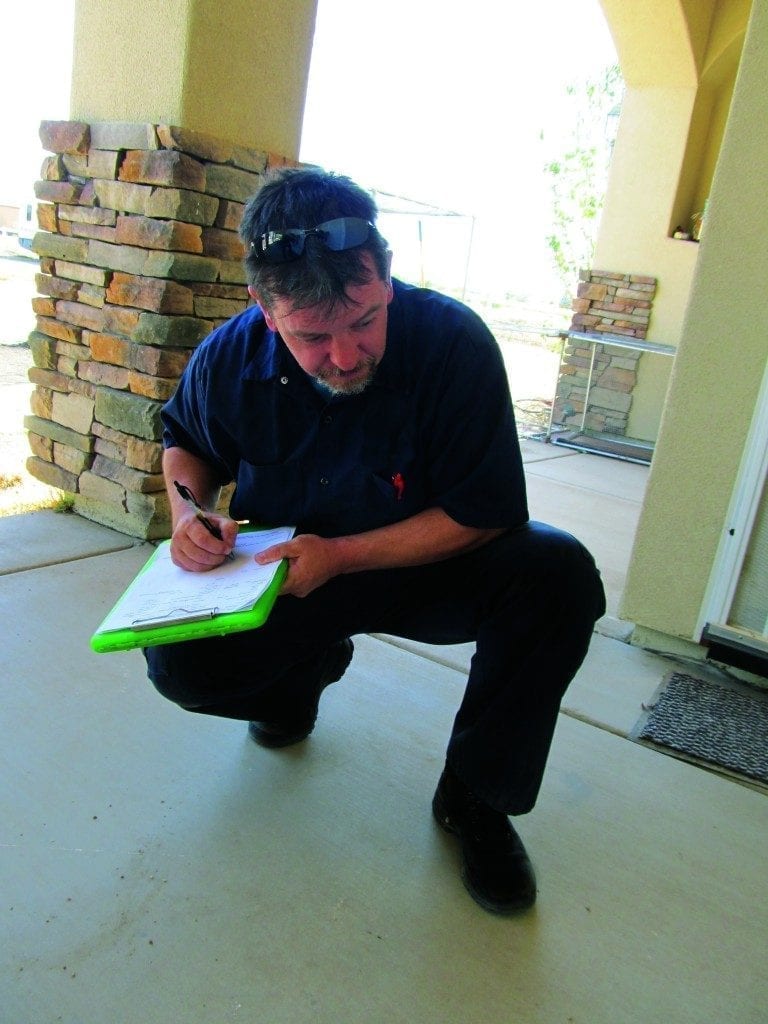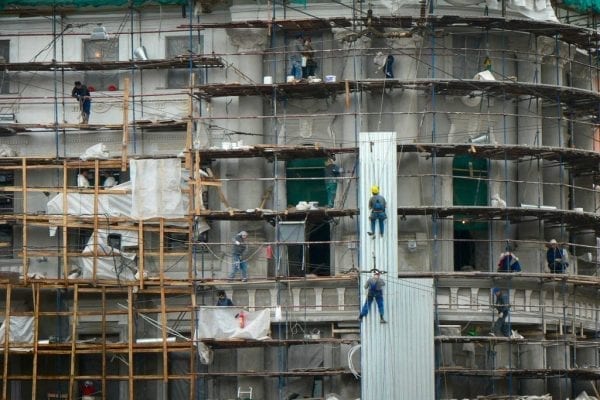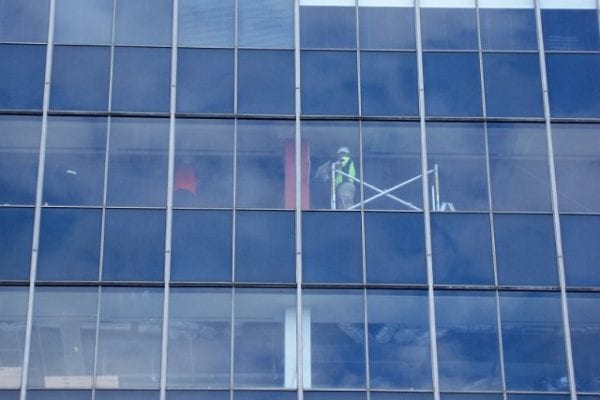Most commercial property purchases include a property condition assessment (PCA) as part of the due diligence process. Because it sometimes is just a box to check on a form, many people involved in the process don’t understand what the PCA is, why it’s important, or how to make sure it serves its purpose properly.
Fortunately, it’s really not that complicated. Put simply, a PCA is the commercial version of the home inspection that lenders require, prior to a residential purchase. It provides risk mitigation for the buyer and the lender and, potentially, an opportunity to renegotiate the price based on the true condition of the property.
What’s different in a PCA versus a home inspection is the complexity of the investigation. From the physical size of property improvements to the complexity of HVAC, electrical, plumbing, roofing and other systems, a commercial property requires a much more detailed and knowledgeable investigation to ensure proper due diligence.
What Is—and Is Not—Included in a Property Condition Assessment
A property condition assessment includes an evaluation of all the improvements on the site, including the building, parking lots, landscaping, utilities, outbuildings, signage, and roads. It evaluates the current condition of those components and reports on any that are found to be in poor condition. The PCA also estimates costs to correct any deficiencies. The PCA should follow the latest ASTM standards, and include estimates, based on up-to-date construction costs.
Often referred to as a “baseline property condition assessment,” a PCA specifically will not include destructive testing (for instance, taking down walls to find a source of water intrusion) or any investigation that requires climbing a scaffold. It will also not include assessment of upcoming maintenance or repairs that may be required in the near future.
Beyond the Baseline Property Condition Assessment
Many lenders and buyers go beyond the required due diligence to understand future costs of ownership based on upcoming maintenance and repairs, as well as any deficiencies regarding building and accessibility codes.
The first common type of assessment lenders request beyond the baseline PCA is a reserve table. A reserve table identifies capital costs that the building owner will likely incur in the future. It can go out any length of time, up to twenty years. The length of the timeline is usually based on the length of the loan term plus two years. A reserve table gives buyers a roadmap to budget their building maintenance and capital expenses, helps lenders determine whether the buyer is sufficiently capitalized to maintain the collateral, and can be a tool for increasing the size of the loan.
For instance, a $15 million shopping center loan may be enhanced if the PCA or reserve tables indicate $1.5 million in repairs. Instead of loaning $15 million, the bank and buyer may agree on a loan of $17 million to ensure the buyer is well capitalized, and to increase the value of the loan.
The second common type of assessment that goes beyond a PCA is a handicap accessibility, or code compliant, survey. While many people think of ADA compliance, a handicap accessibility survey considers all of the many regulations and codes covering what a building owner is required to provide in terms of handicap accessibility.
This is important because a building may be non-compliant for years before anyone notices, but if at any point a lawsuit is filed, the suit and its consequences become the responsibility of the current owner, regardless of whether the owner knew about or was originally responsible for the building’s code compliance deficiencies.
What To Expect from a Property Condition Assessment
As soon as a loan application is filed, it may be the lender or buyer’s responsibility to commission a PCA with an approved provider. The PCA provider should then identify the person who knows the most about the property, and send them a pre-inspection survey. This survey will ask questions such as the age of the roof, age of windows, whether there’s aluminum wiring or galvanized piping, etc, to gather as much information as possible prior to a site visit.
The inspector then visits the site and spends several hours to a few days walking the building and property looking at every component, including:
- Building envelope
- Structural systems
- HVAC systems
- Electrical systems
- Plumbing systems
- Interior finishes
Based on the inspection, he or she will write a report that will include:
- A brief description of each component
- An identification of deficiencies discovered
- A table of costs to correct the deficiencies
From start to finish, the process generally requires about three weeks, though it may be possible to complete faster, when necessary. Still, it’s best to schedule the PCA as soon as the loan is initiated, to ensure plenty of time for a thorough assessment.
Choosing a PCA Provider
It’s important to know that not all PCA providers are created equal. Some individuals with a home inspection certification will try to sell themselves as a PCA provider, with only ten hours of residential-specific training. Such a provider won’t have adequate knowledge of commercial structures and systems to provide a reliable assessment, and almost certainly won’t be able to provide an accurate cost estimate.
Even reputable PCA providers vary in the level of service, speed of service, and number of disciplines their company brings to the table. When choosing a PCA provider, look for these characteristics:
- Ability to get on site fast to start the process. Local or regional offices in the area of the property will help with this, as well as a track record of speedy response, and the availability of resources to mobilize quickly.
- Ability to provide accurate costing. Anyone can use an online construction cost estimator and put a number in a chart, but a company with a construction consulting division and the ability to instantly access real-time costing data will provide much more accurate numbers.
- Multi-disciplinary expertise. PCAs require a broad understanding of everything from architecture, to mechanical, electrical and plumbing systems. A provider with in-house expertise on a broad range of engineering and construction disciplines will be able to provide a more accurate and comprehensive assessment.
- Proven experience. An organization that has done hundreds or thousands of PCAs will provide a faster, more seamless, and more reliable assessment than a less experienced provider.
GLE Associates has been performing fast, accurate property condition assessments for more than twenty years. Our multi-disciplinary team has access to the deepest expertise and the latest construction cost data. Contact us today to get your next PCA started.






